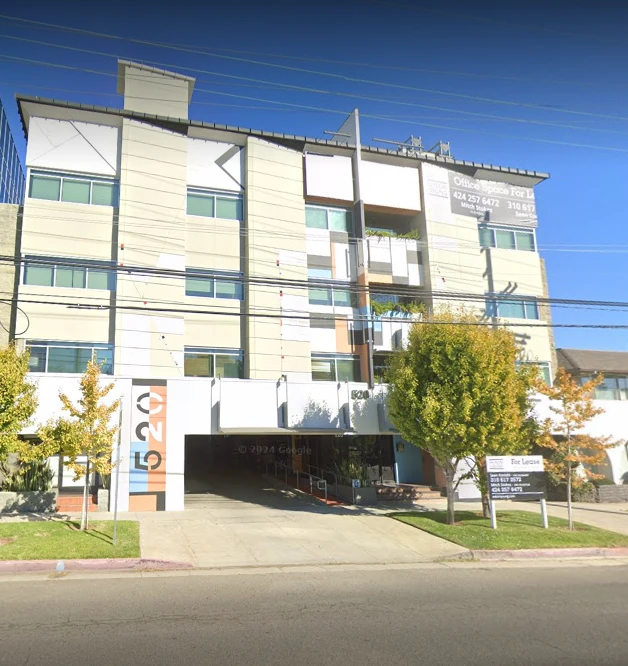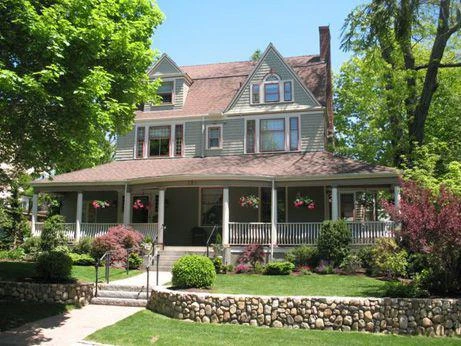Monte Nido – River Towns, located in Irvington, New York, is a private rehabilitation facility specializing in the treatment of mental health. As an organization of providers, families, alumni, and allies, they are dedicated to combating harmful norms and eradicating eating disorders. Monte Nido offers compassionate, evidence-based treatment designed to help individuals heal and achieve lasting recovery.
Monte Nido is committed to ongoing research, approved by an institutional review board, to assess treatment outcomes and continually improve their comprehensive care. With 27 years of dedication to providing research-backed treatment, they confidently offer the most effective and empathetic care.
The facility prides itself on creating individualized and inclusive environments. Clients receive a dedicated team of care professionals who collaborate to develop a comprehensive treatment plan tailored to each person's unique path to recovery. This approach ensures a healing atmosphere where clients feel supported and understood.
Monte Nido – River Towns maintains a strong focus on delivering high-quality care through their individualized treatment plans. By emphasizing a holistic approach to recovery, they address the physical, emotional, and psychological aspects of mental health. This commitment to comprehensive care is reinforced by their accreditation from The Joint Commission, underscoring their adherence to the highest standards of patient care and safety.
Monte Nido - River Towns Information
Treatment
Who We Treat
- Male and Female
Treatment Focus
- Women
- Eating Disorders
- Trauma
Approaches
- Evidence-Based
- Gender-Specific
- Wellness
- Family Therapy
- Cognitive Behavioral Therapy (CBT)
- Dialectical Behavior Therapy (DBT)
- Motivational Interviewing
- 1-on-1 Counseling
- Medication-Assisted Treatment (MAT)
Conditions We Treat
- Depression
- Anxiety
- Bipolar Disorder
- Post Traumatic Stress Disorder (PTSD)
- Obsessive Compulsive Disorder (OCD)
- Trauma
- Eating Disorders
- Bipolar
- Co-Occurring Disorders
Substances We Treat
- Alcohol
- Benzodiazepines
- Prescription Drugs
- Heroin
- Opioids
- Cocaine
- Methamphetamine
Languages
- English
Experience
On-Site Amenities
- Pool
- Access to Nature
- Outdoor Lounge
Personal Amenities
- Air-Conditioned Rooms
- Shared Bathroom
- Shared Rooms
Off-Site Amenities
- Beach Access
- Access to Nature
- Walking Trails
On-Site Activities
- Yoga
- Dance Classes
- Physical Fitness
- Swimming
Off-Site Activities
- Museums
- Beach Walks
- Dance Classes
- Golf
Accreditations
-
The Joint Commission
The Joint Commission accreditation for addiction and behavioral health signifies that a facility has met rigorous standards in patient care, treatment, and safety. This recognition assures patients and professionals of the facility's commitment to providing high-quality, evidence-based care in the fields of addiction and behavioral health, fostering trust and confidence in their services.

Additional Locations
Monte Nido - River Towns Accepts The Following Insurance Plans
Find the best treatment options. Call our free and confidential helpline today!



















